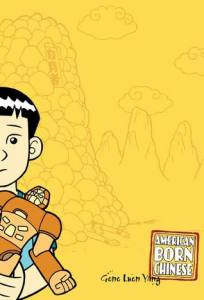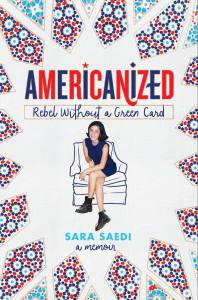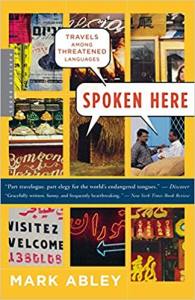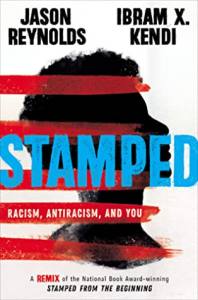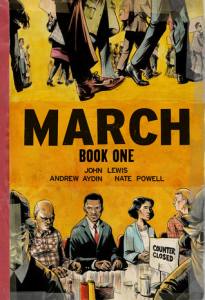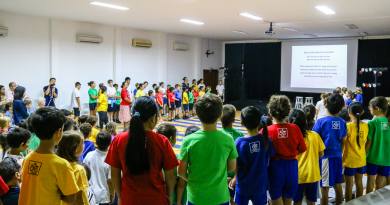Primary eNews – September 4th, 2020
World Literacy Day
World Literacy Day is Tuesday, September 8th this year. In previous years at BIS, the library has led the celebration of this important day with a whole-school, family-supported silent read outside as well as other literacy/reading-focused activities. This year, obviously, some of those things (as well as the quality of) is either not possible or severely compromised.
In lieu of a school-wide engagement in reading for World Literacy Day, a realistic way of participating with the sentiment of the day is to remind the BIS community of the ways the library and the school in general offers literacy and reading opportunities and to promote some relevant materials that may be of interest and benefit to all.
Even though our school is in the midst of Distance Learning, the library’s materials are still available for use. You can find the details here. We strongly encourage everyone (parents included) to take advantage of this opportunity. Additionally, this is a good time to remind everyone audiobook and e-book offerings we have as well as our research sources (which includes books and magazines/journals).
Finally, I would like to draw your attention to some books in the Library that relate to some current world events. There’s a fine line between authentic, intellectual exploration to deepen understanding of an important issue and token pandering as a way to attach oneself to an issue in a self-serving way, all of which is set on a politically charged background that can foster division. The promotion of these books below is not the latter; this is simply to make you aware that we have access to some of the exact quality literature that is being used across the world to find understanding and have important discussions; in this way, you can join the world conversation. Some of these books would make excellent family reads together that allow for new learning while avoiding some of the truly “gritty” aspects of the current landscape that some Primary-aged students may not be ready for.
Below is a list of books the BIS Library has available for checkout that consistently appear on recommended reading lists pertaining to the current events surrounding overall racism, violence against, the marginalizing of and oppression upon minority communities and communities of color. These books also are recommended for increasing understanding of different ethnic and societal groups. The Library encourages all members of the BIS Community to borrow these books if they are so inclined.
-Hair Love by Matthew Cherry
-American Born Chinese by Gene Luen Yang
-March Vols. I, II, III by Rep. John Lewis
-The Crossover by Kwame Alexander
-Brown Girl Dreaming by Jacqueline Woodson
-Stamped From The Beginning by Jason Reynolds & Ibram X. Kendi
-The History of Institutional Racism in the United States by Susan Dufresne
-American Dirt by Jeanine Cummins
-My Family Divided by Diane Guerrero
-Born a Crime by Trevor Noah
-Becoming Kareem by Kareem Abdul-Jabbar
-Americanized: Rebel Without a Green Card by Sara Saedi
-Call Me American: A Memoir by Abdi Non Iften
-Spoken Here by Mark Abley
Please contact the Library for additional information regarding these books or make an appointment to see them for yourself.
Sincerely,
Mr. Marshall & the BIS Library staff
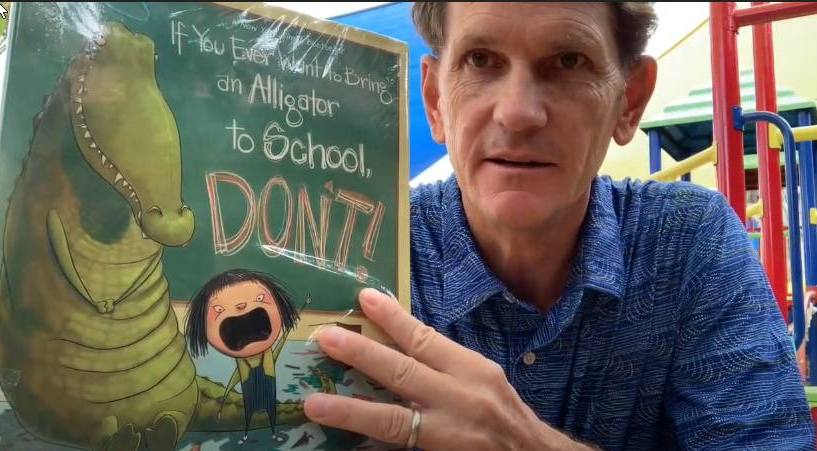
Mr. Wyncoll reads a story here. Make sure to watch right until the end!
Distance Learning Support In Preschool
The Pandemic of Covid 19 has brought uncertainty in many aspects of life and one of those is the educational sector. When the pandemic hit, students as well as the teachers had to work from home and get the most out of it using the resources they had at home. Bali Island School, as an educational institution that provides supportive and engaging learning experiences for children, saw this challenge as an opportunity to improve. The school has maintained a high-quality distance learning program for all the students in Secondary school, Primary and even Early years.
The next questions will be, “What does distance learning in Early Years look like especially in Preschool? How do the teachers give support for the distance learning for Preschool students in BIS?”

At the end of last school year, we began to send learning packs with various hands-on activities, which the students could play with their family members or even complete independently. Another big part of the distance learning was the activities in the Seesaw platform where the teachers would greet the students and give highlights of the day. We also scheduled a zoom session each week to maintain connection and a sense of togetherness as Preschool members.

This school year we have adjusted our distance learning program by reflecting on the strengths and weaknesses of our old program. We began by sending some activities to introduce the platform that we are using and getting to know the students. As we move forward to the ‘New Normal’ era and complying with the regulations of the Indonesian government, we began to support our student’s learning in many ways.
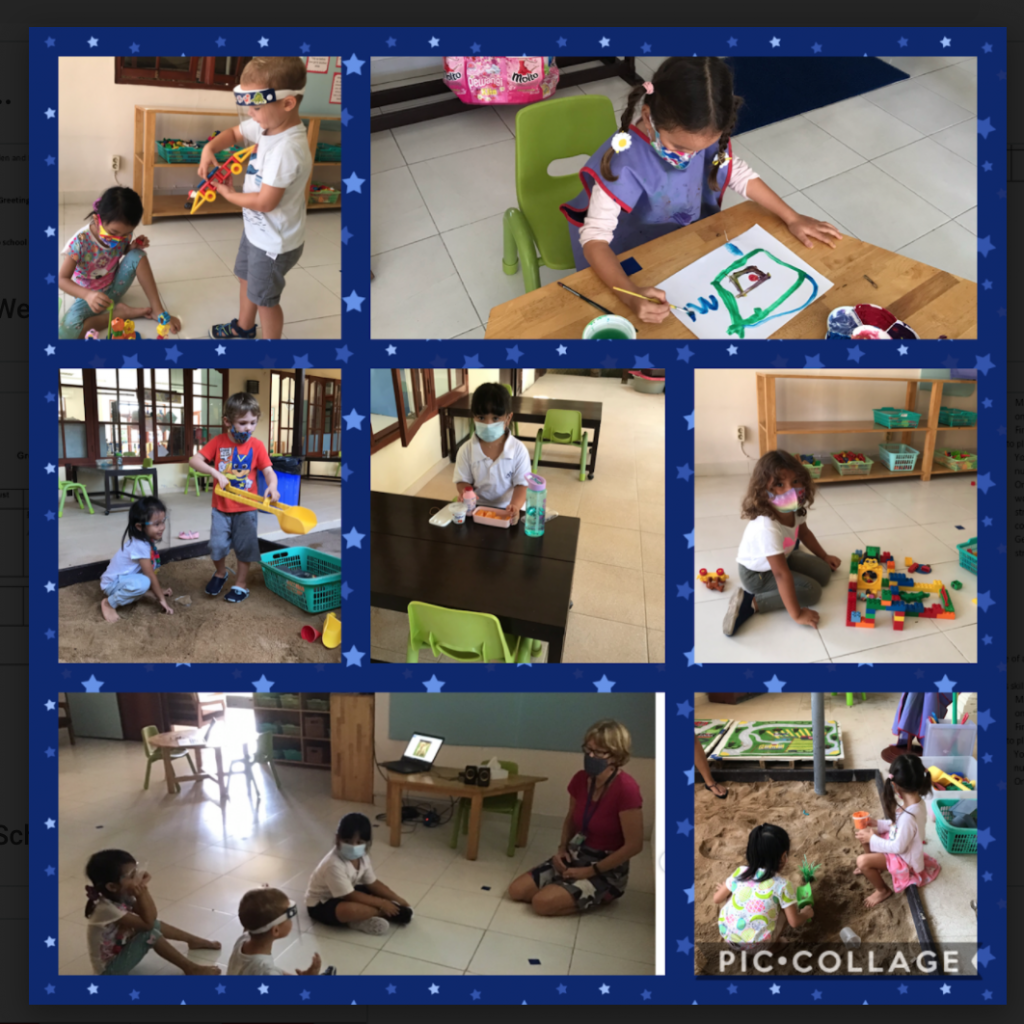
Referring to our teaching philosophy, we believe that students learn best when they have face to face sessions. By coming to school, students are guided by our Early Years trained teachers to play, interact, and learn about various skills in a natural way from the environment or their friends. Play plays an important role in developing a child’s thinking and maintaining their curiosity about the world around them. The children thrive on the activities related to our unit of inquiry. They also have specialist teachers to learn from and get involved in fun extension activities. Our activities in Seesaw are often follow up activities on what we experience at school. For the family who prefers to limit their child’s screen time, we also provide some hands-on activities in the learning packs for an alternative. We hope with all of the support given, a strong collaboration happens between school and home. Most importantly, we hope that children receive their right to play and learn in this very unique situation.
Again as a BIS community, we are all in this together and we hope that we can move forward and fill the needs of our children while ensuring the safety and health of all.
Bersama Kita Bisa!!
Suellen Fuller & Siska Paramitha

Counseling
In the book Coping Skills for Kids Workbook, Halloran shares coping skills checklists. I like this because there are four types of coping strategies. Often we ask kids who are angry to calm down by breathing. When you are furious, have you ever had someone tell you to calm down? It has nearly the opposite desired outcome. Calming techniques are almost impossible when children are operating from the part of their brain responsible for flight, fight, or freeze mode. Some children are more physical and prefer active approaches. Varied circumstances require a variety of tools (pictured below). In the link, you will find four lists of skills to try and a way to help your child rate how they felt before and after trying the technique.
Sharon Gibbons




